Programming with Blocks
This section describes the ChoiCo programming environment.
The programming environment consists of two parts:
- the left side-bar
- the workspace on the right
The sidebar contains all the available blocks that can be used to design a game.
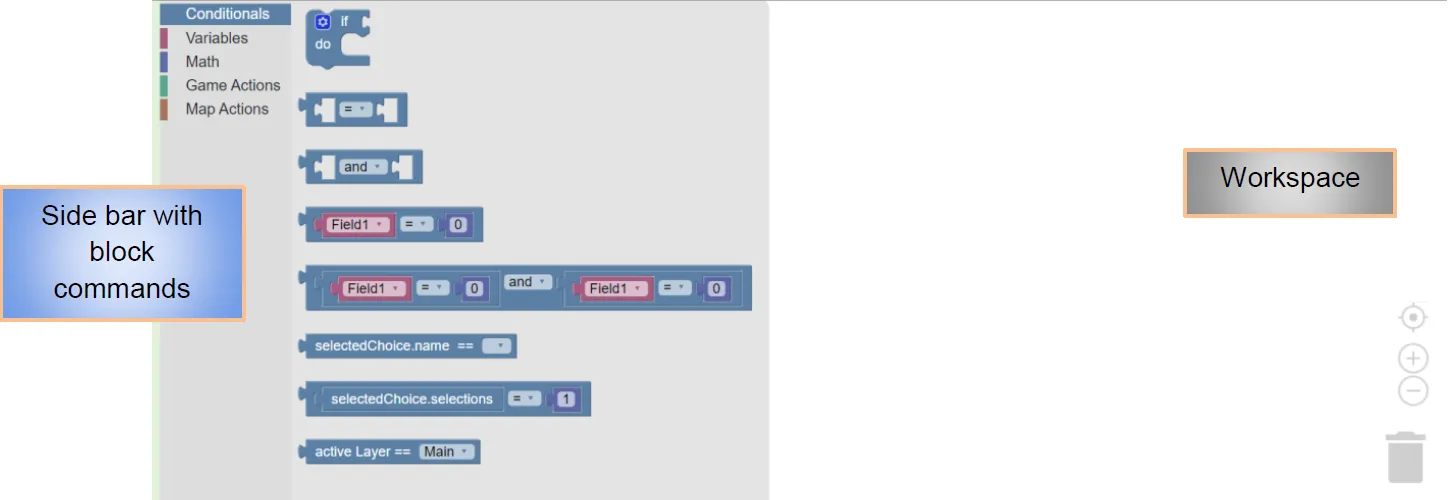 Figure 36: Example of a programming environment in ChoiCo
Figure 36: Example of a programming environment in ChoiCo
While ChoiCo has 3 different “programming” workspaces (initial settings, gameplay rules, end rules), there are some differences in the available blocks depending on the functionality of each workspace.
Different blocks can be linked together if they have edges that fit, like puzzle pieces.
 Figure 37: Example 1 of blocks that can be linked together
Figure 37: Example 1 of blocks that can be linked together
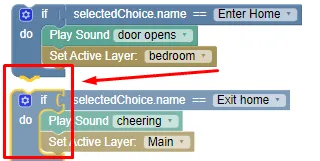 Figure 38: Example 2 of blocks that can be linked together
Figure 38: Example 2 of blocks that can be linked together
 Figure 39: Example of blocks that cannot be connected
Figure 39: Example of blocks that cannot be connected
Delete a block
To delete a block or a group of linked blocks, you can do one of the following:
- Right-click on it and select “Delete block”
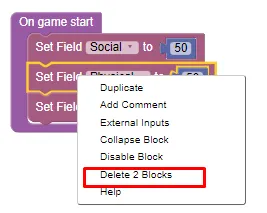 Figure 40: Delete block(s) with right-click
Figure 40: Delete block(s) with right-click
- Drag and drop it into the bin in the bottom right corner
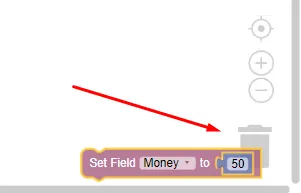 Figure 41: Delete block(s) using the bin
Figure 41: Delete block(s) using the bin
- Drag and drop it to the sidebar
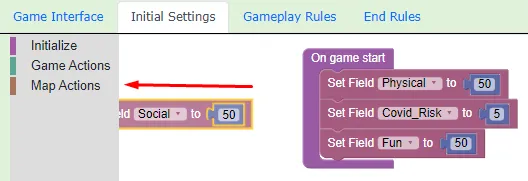 Figure 42: Delete block(s) using the sidebar
Figure 42: Delete block(s) using the sidebar
Copy a block
To copy a block or a group of blocks, right-click on it and select Duplicate.
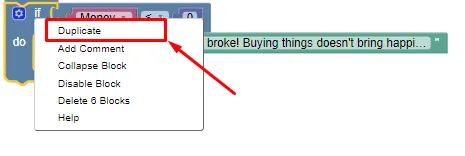 Figure 43: Copy block(s)
Figure 43: Copy block(s)
Disable a block
To disable a block or a group of connected blocks, you need to right-click on it and select Disable Block. The blocks will appear as disabled in the workspace and will not be executed. You can enable it again by right-clicking and selecting Enable Block.
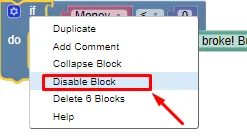
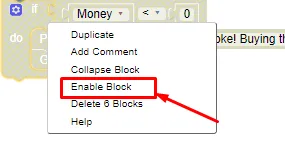 Figure 44: Disable/Enable block(s)
Figure 44: Disable/Enable block(s)
Collapse a block
To collapse a block or a group of connected blocks, you need to right-click on it and select Collapse block. The blocks will be collapsed and represented by a single block. You can expand the block again by right clicking on the individual block and selecting Expand block.
This is a very useful function if you want to save space.
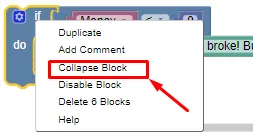
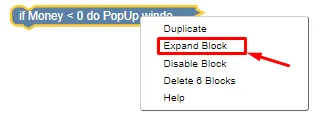
Undo
You can undo the last action by pressing ctrl + z (or ⌘ + z in macOS).